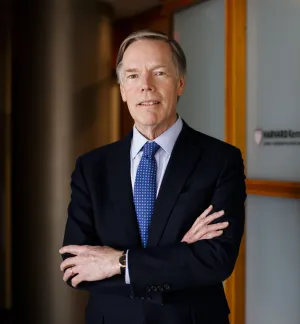The U.S. State Department serves a critical role for the nation. Its men and women in the Foreign and Civil Service are on the front lines for the U.S. in over 277 embassies and consulates abroad. They assist American citizens in distress, interview all foreigners seeking to enter the U.S. as visitors, immigrants and refugees. They help American companies to succeed overseas and represent the U.S. in global conferences and negotiations on every international issue of concern to the country from climate change to drug trafficking to nuclear proliferation and the fight against HIV/AIDs.
As they represent the most powerful nation on earth, what American diplomats do and say overseas matters to the rest of the world. They work arm and arm with the U.S. military, lead negotiations to end wars and to achieve peace and are often the ultimate arbiters in ongoing disputes between Israelis and Palestinians, Indians and Pakistanis, Greeks and Turks. U.S. diplomats are highly trained, multilingual and have years of experience living and working abroad for their country.
Despite its central role in global politics, however, the State Department is experiencing one of the most serious crises in its long, 229-year service to the country. Its principal challenge is in its relationship with President Donald Trump. While some recent American presidents, such as Richard Nixon, often kept State at arms length, most— George H.W. Bush, Bill Clinton, George W. Bush and Barack Obama come to mind— have taken advantage of the expertise and unique global reach of the Foreign Service.
Burns, Nicholas. “The State of the State Department and American Diplomacy.” Foreign Policy Association, January 3, 2019



